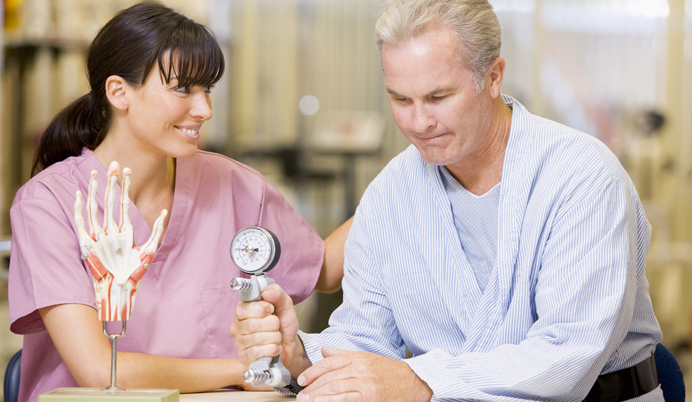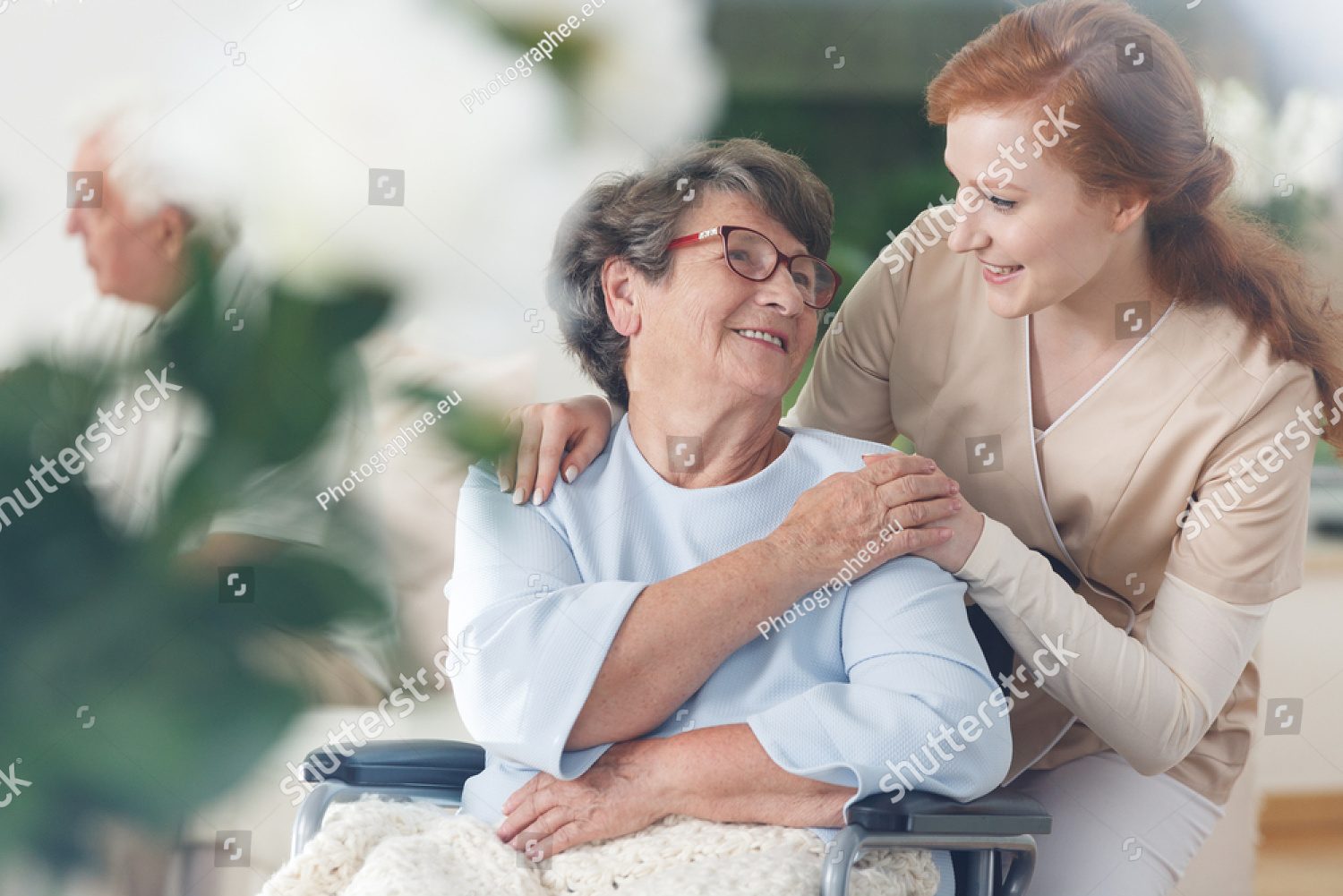WHAT IS OT?
A holistic healthcare profession aimed at promoting health by enabling clients to perform meaningful and purposeful activities across a lifespan. OT’s take a thorough history, provide a physical and cognitive examination to identify deficits and develop a treatment plan. The goal is to maximize daily living and work skills of their clients with physical, mental or developmental conditions. Additionally, OT’s seek to adapt the environment, modify tasks, teach skills, and educate clients and their families to achieve their goals.
HOW DO OT’s TREAT? ADL training Adaptive equipment Therapeutic exercise Manual techniques (soft tissue massage, myofascial release, mobilization) Neuromuscular Reeducation Therapeutic activity Modalities (electrical stimulation, ultrasound, moist heat/ice) WHAT CONDITIONS DO OT’s TREAT? Hand Disorders
- Carpal Tunnel Syndrome
- Fine motor/dexterity
Orthopedic
- Joint replacements
- total knee replacement
- total hip replacement
- total shoulder replacement
- Arthritis
- Rheumatoid
- Osteoarthritis
Fractures
Ligamentous/Muscle injuries
Neurologic
- CVA (stroke)
- MS (multiple sclerosis)
- Parkinson’s disease
- Neuropathy
- SCI (spinal cord injury)
- TBI (traumatic brain injury)
- ALS (Lou Gehrig’s disease)
Cardiopulmonary
- CHF (congestive heart failure)
- MI (heart attack)
- COPD (emphysema, chronic bronchitis)
General deconditioning
Amputee
- BKA (below knee)
- AKA (above knee)
- Upper extremity



